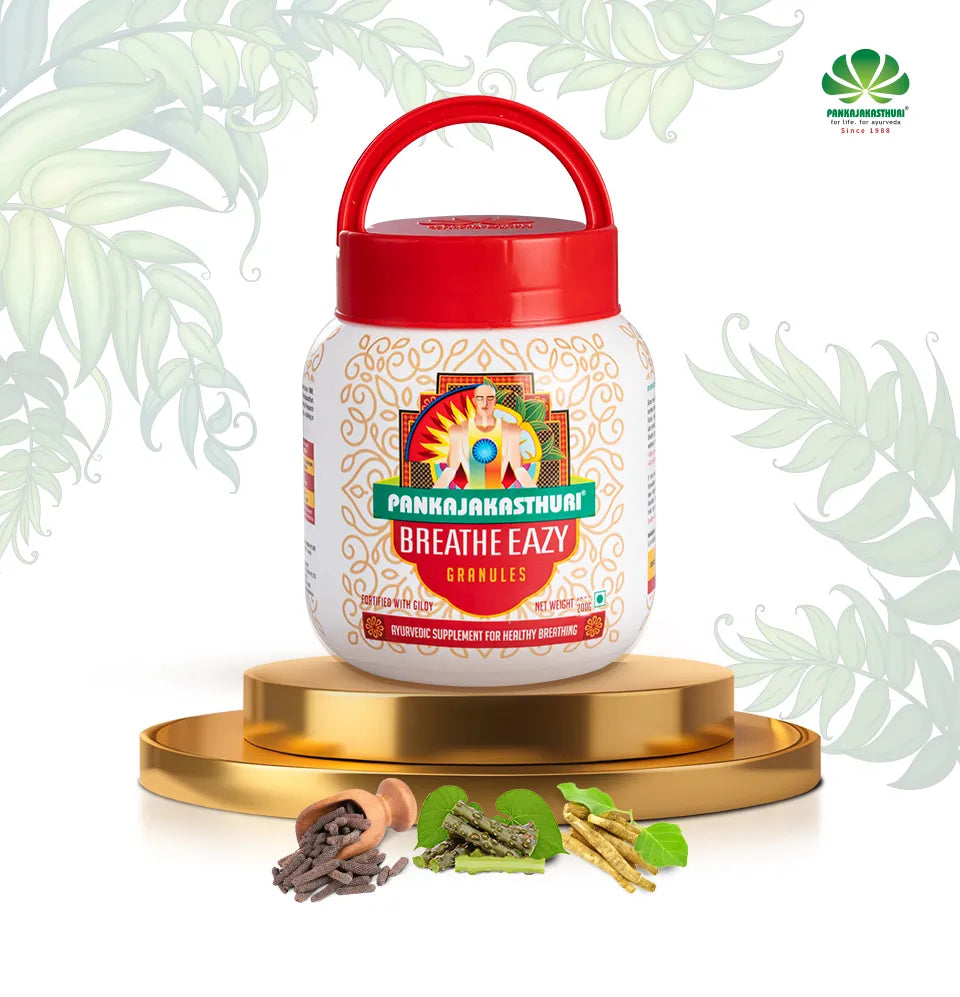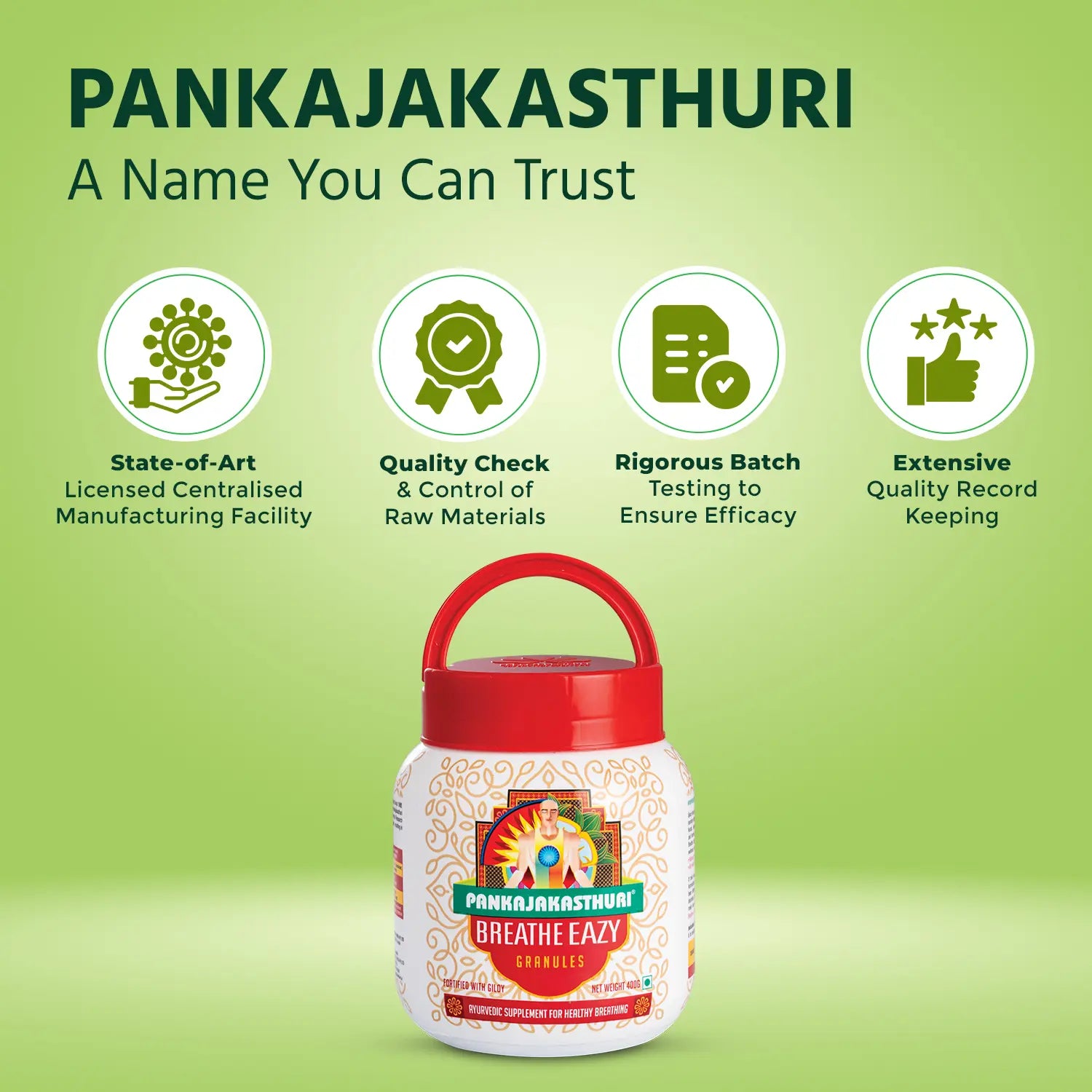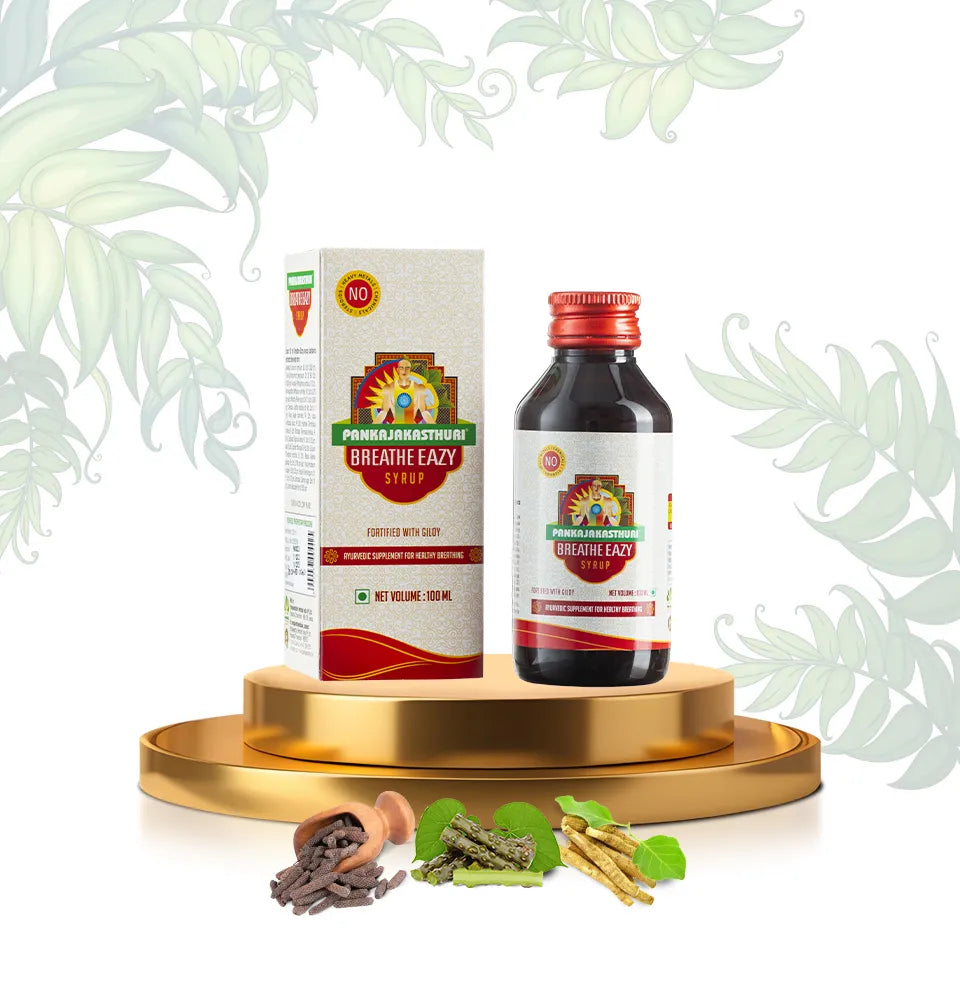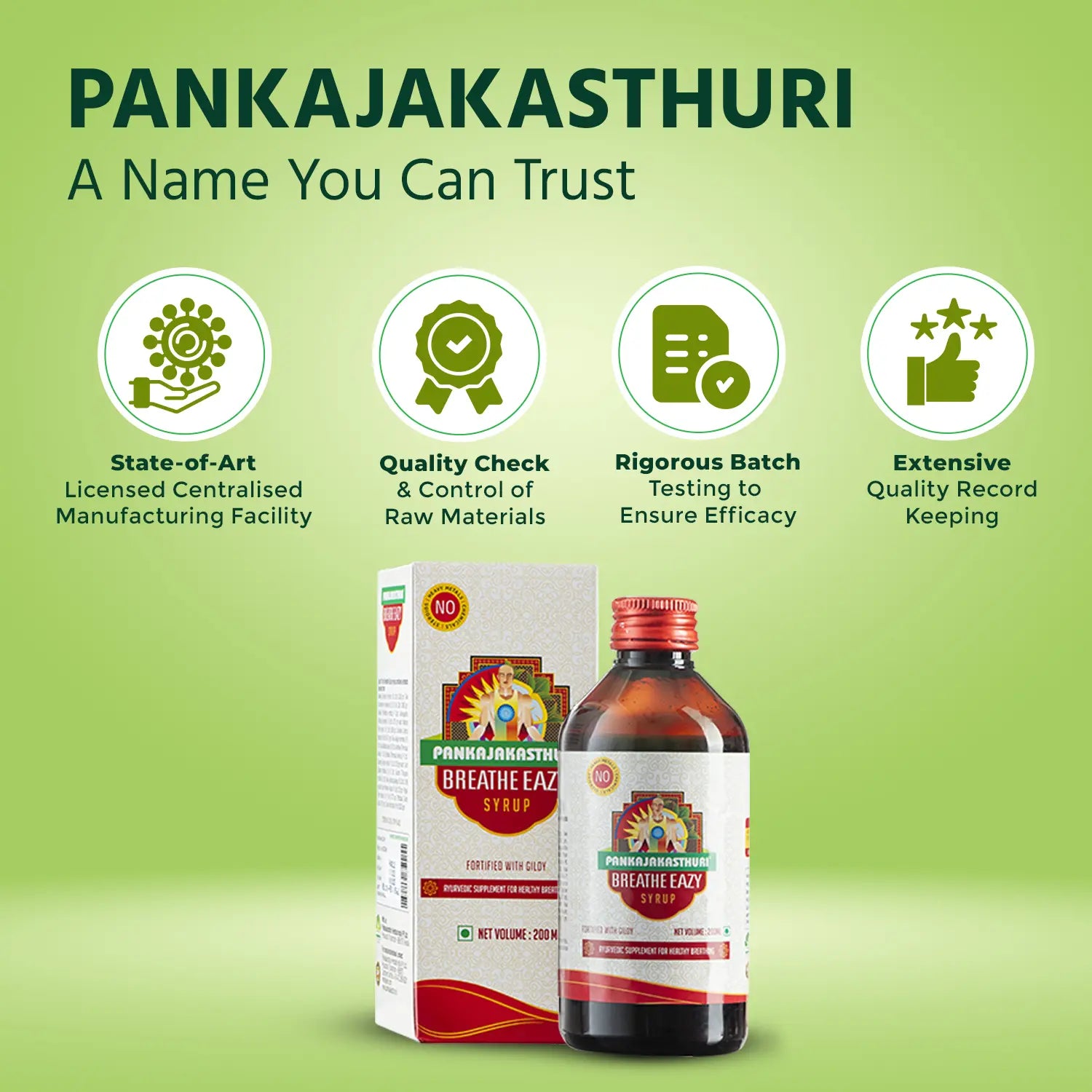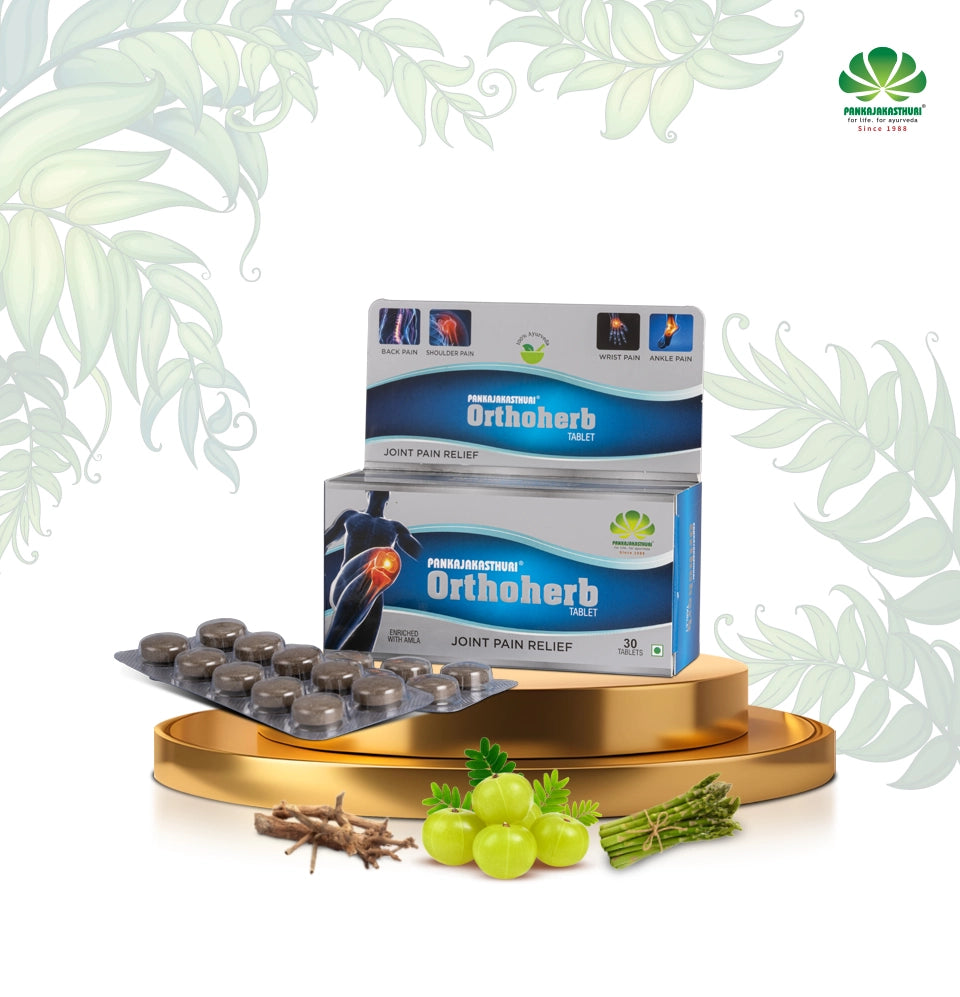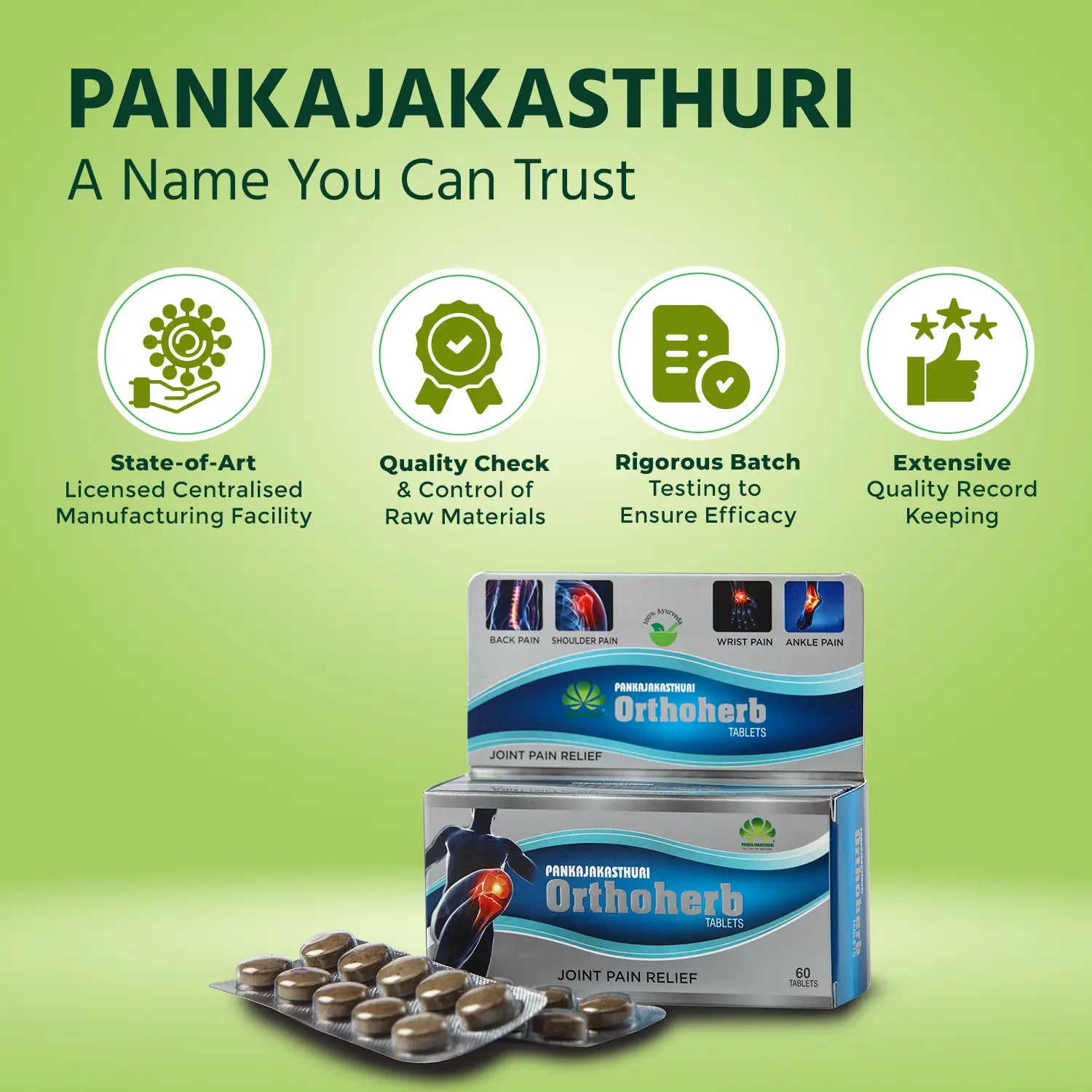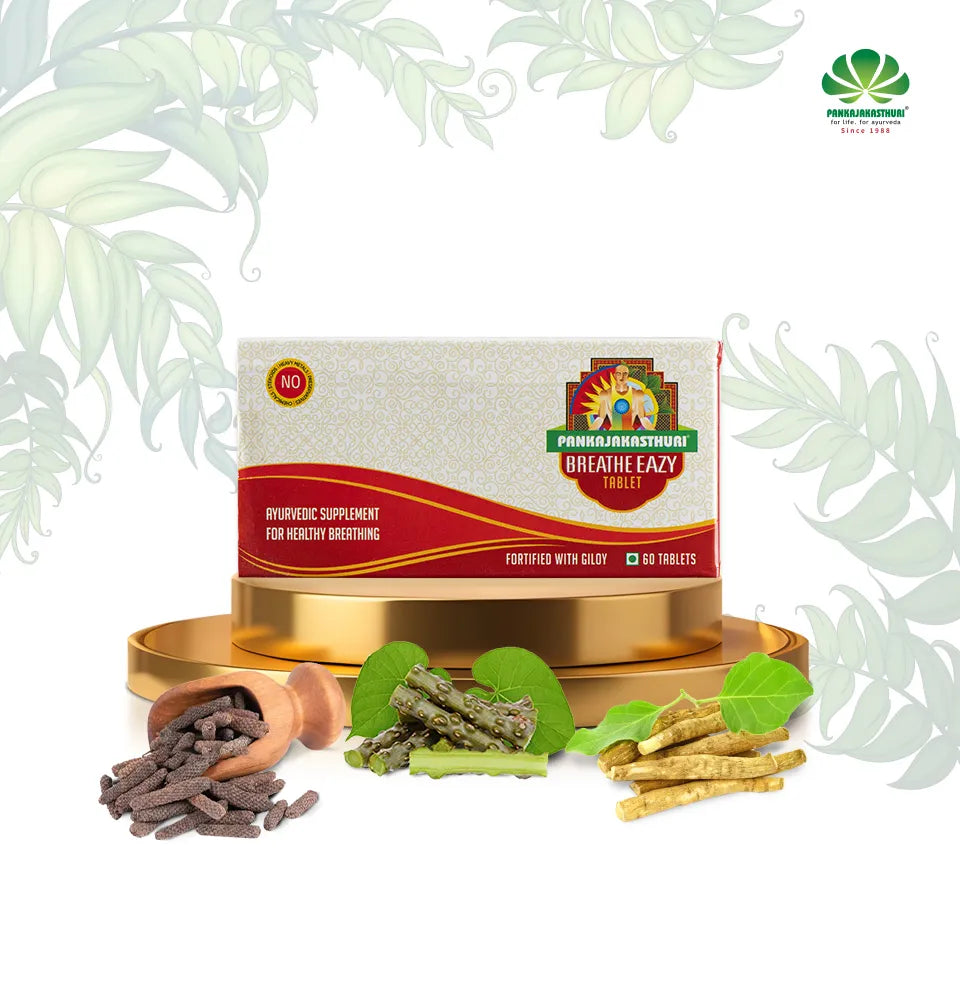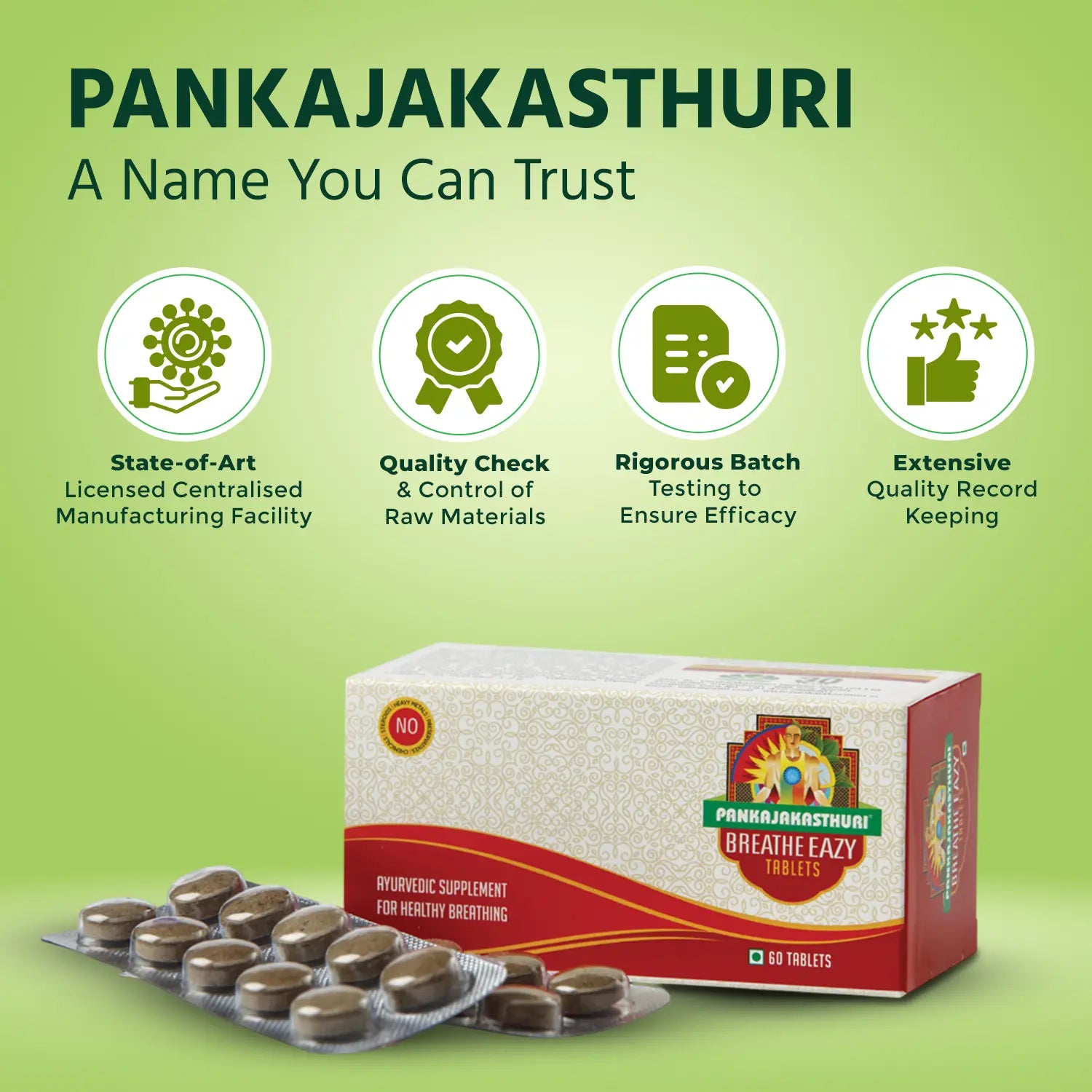
When to Use Dry Cough Syrup: A Comprehensive Guide

Are you struggling with a persistent cough that's disrupting your daily life? You're not alone. Many people wonder when it's appropriate to reach for a bottle of cough medicine. In this comprehensive guide, we'll explore effective remedies for dry coughs, including when to use dry cough syrup, its benefits, and important considerations.
What Is a Dry Cough and How to Manage It
Before we dive into remedies, let's clarify what a dry cough is. Unlike a wet or productive cough that produces mucus, a dry cough is non-productive. It's often caused by irritation in the throat or upper respiratory tract and can be triggered by various factors, including:
- Viral infections
- Allergies
- Asthma
- Smoking
- Environmental irritants
When Is It Time to Use Cough Remedies?
Now that we understand what a dry cough is, let's explore when it's appropriate to use over-the-counter solutions:
1. Persistent Symptoms That Won't Go AwayIf your cough lasts for more than a week without improvement, it might be time to consider using a medicated syrup. Persistent coughing can be exhausting and impact your quality of life.
2. Nighttime Coughing Disrupting Your SleepIs your cough keeping you up at night? A soothing remedy can provide relief and help you get the rest you need. A good night's sleep is crucial for your overall health and recovery.
3. Throat Discomfort and Constant IrritationIf your cough is accompanied by a sore throat or a constant tickling sensation, a soothing medication can help alleviate these uncomfortable symptoms.
4. Managing Coughs Related to Underlying ConditionsFor those with asthma or allergies, specially formulated treatments may offer targeted relief. Always consult with your healthcare provider before starting any new medication.
5. When Natural Remedies Aren't EnoughIf you've tried home remedies like honey, herbal teas, or humidifiers without success, it might be time to try an over-the-counter solution.
Key Ingredients in Effective Cough Remedies
When choosing a remedy for your dry cough, look for these beneficial ingredients:
- Maricha (Piper nigrum): Black pepper helps balance Kapha dosha and clear respiratory passages.
- Pippali (Piper longum): Long pepper has expectorant properties that aid in clearing congestion.
- Ela (Elettaria cardamomum): Cardamom soothes irritation and promotes mucus removal.
- Viswa (Zingiber officinale): Dry ginger alleviates congestion and soothes the throat.
- Twak (Cinnamomum zeylanicum): Cinnamon's warming properties relieve respiratory discomfort.
- Vasaka (Adhatoda vasica): Acts as a bronchodilator, easing breathing difficulties.
- Kantakari (Solanum xanthocarpum): Offers bronchodilatory and expectorant properties.
For a natural and effective solution, consider Pankajakasthuri Cough Syrup with Tulsi. This Ayurvedic formulation combines the power of these traditional ingredients to provide relief from dry cough symptoms.
Cough Syrup for Kids: What Parents Need to Know
When it comes to cough syrup for kids, extra caution is necessary. Always consult a pediatrician before giving any medication to children. Look for age-appropriate formulations and follow dosage instructions carefully. Some cough syrups for kids contain natural ingredients like honey, which can be particularly soothing for children's coughs. Remember, what works for adults may not be suitable for children, so always choose products specifically designed for pediatric use.
Wet Cough vs. Dry Cough: Understanding the Difference
While this guide focuses on dry coughs, it's essential to understand the difference between wet and dry coughs and their treatments. A wet cough, also known as a productive cough, produces mucus. In contrast, a dry cough doesn't produce mucus and is often described as "tickly" or "itchy."
For wet coughs, a wet cough syrup containing expectorants that help loosen and expel mucus may be more appropriate. These syrups work by thinning the mucus, making it easier to cough up. On the other hand, for dry coughs, suppressants that help calm the cough reflex are typically more effective. Always choose the right type of syrup based on your cough symptoms.
When to Seek Medical Advice for Your Cough
While over-the-counter remedies can provide relief in many cases, there are times when you should consult a healthcare professional:
- If your cough persists for more than two weeks
- If you experience worsening symptoms, fever, or difficulty breathing
- If you cough up blood
- If you have underlying health conditions that could complicate a cough
Natural Remedies to Complement Your Treatment
In addition to using medicated solutions, consider these natural remedies to support your respiratory health:
- Stay hydrated by drinking plenty of water
- Use a humidifier to add moisture to the air
- Try Rasnadi Choornam, an Ayurvedic powder known for its respiratory benefits
- Practice steam inhalation with a few drops of eucalyptus oil
- Elevate your head while sleeping to reduce nighttime coughing
Conclusion
Dry cough syrup and other remedies can be effective tools in managing persistent, irritating coughs. By understanding when to use them and what ingredients to look for, you can make informed decisions about your respiratory health. Remember to always follow dosage instructions and consult with a healthcare professional if you have any concerns. With the right approach, you can find relief from your dry cough and breathe easier.







